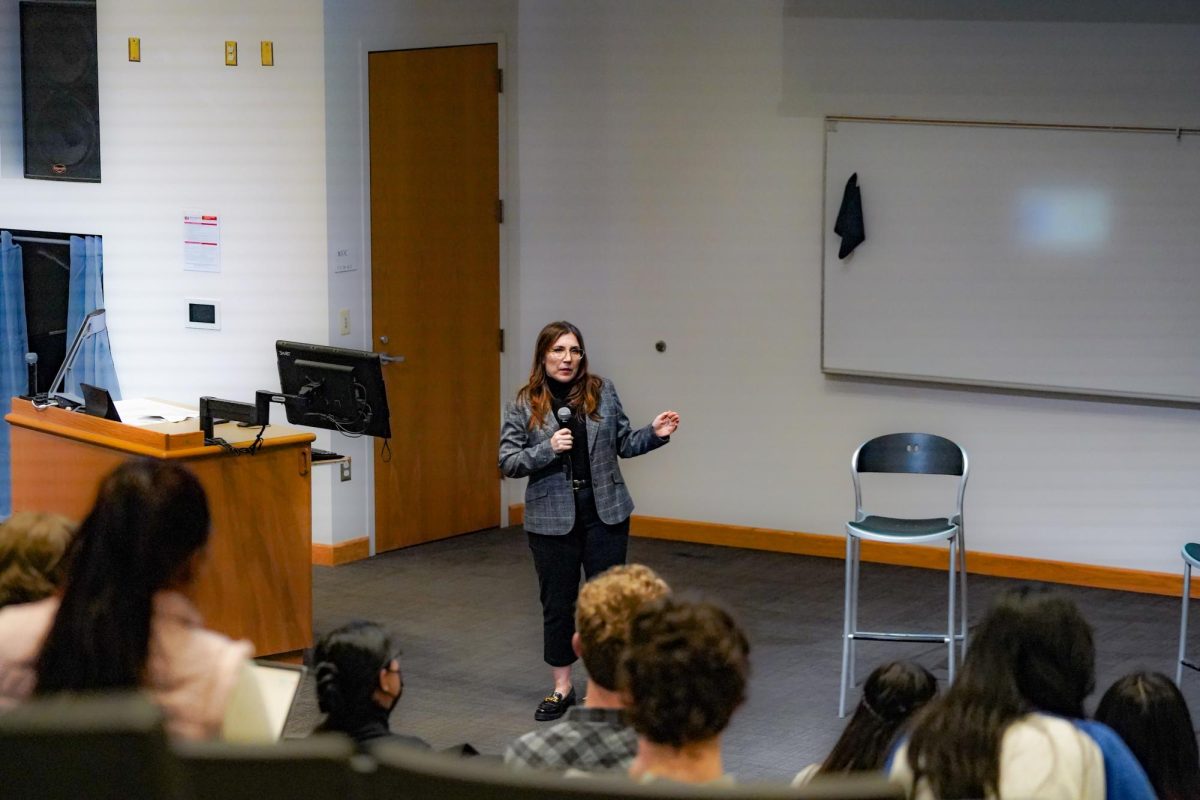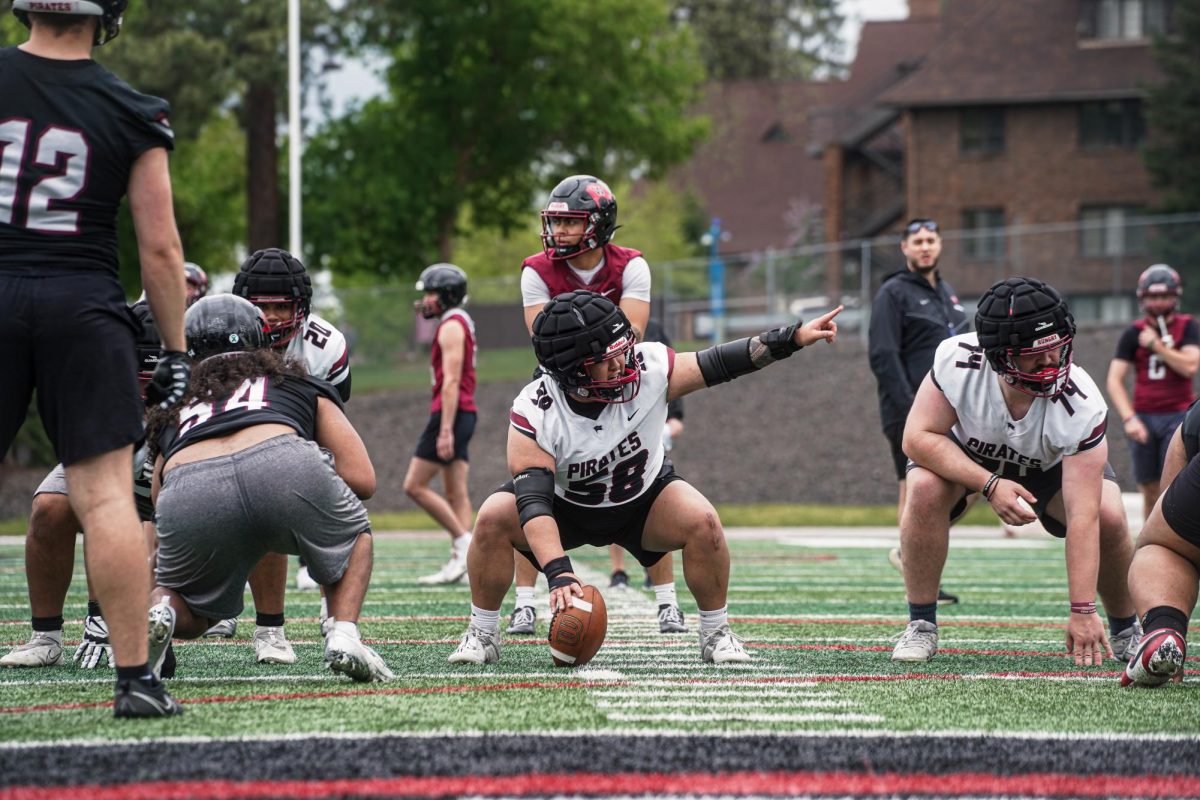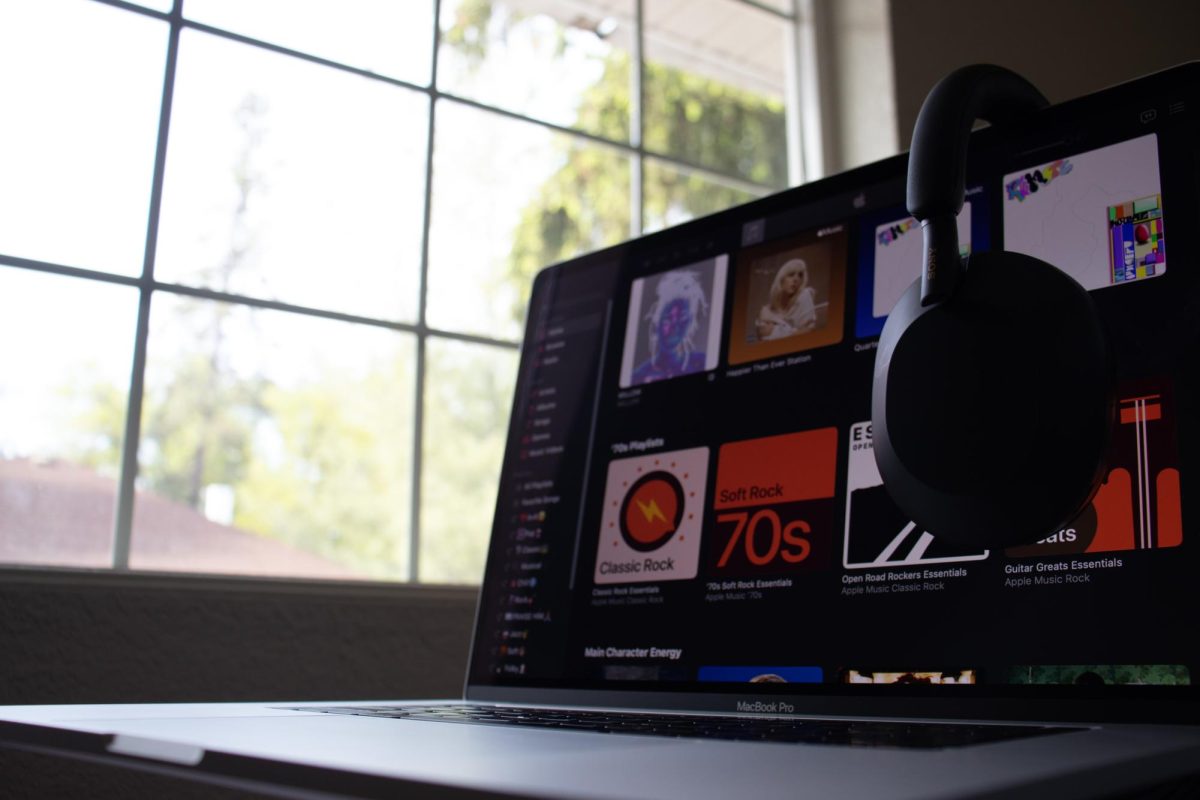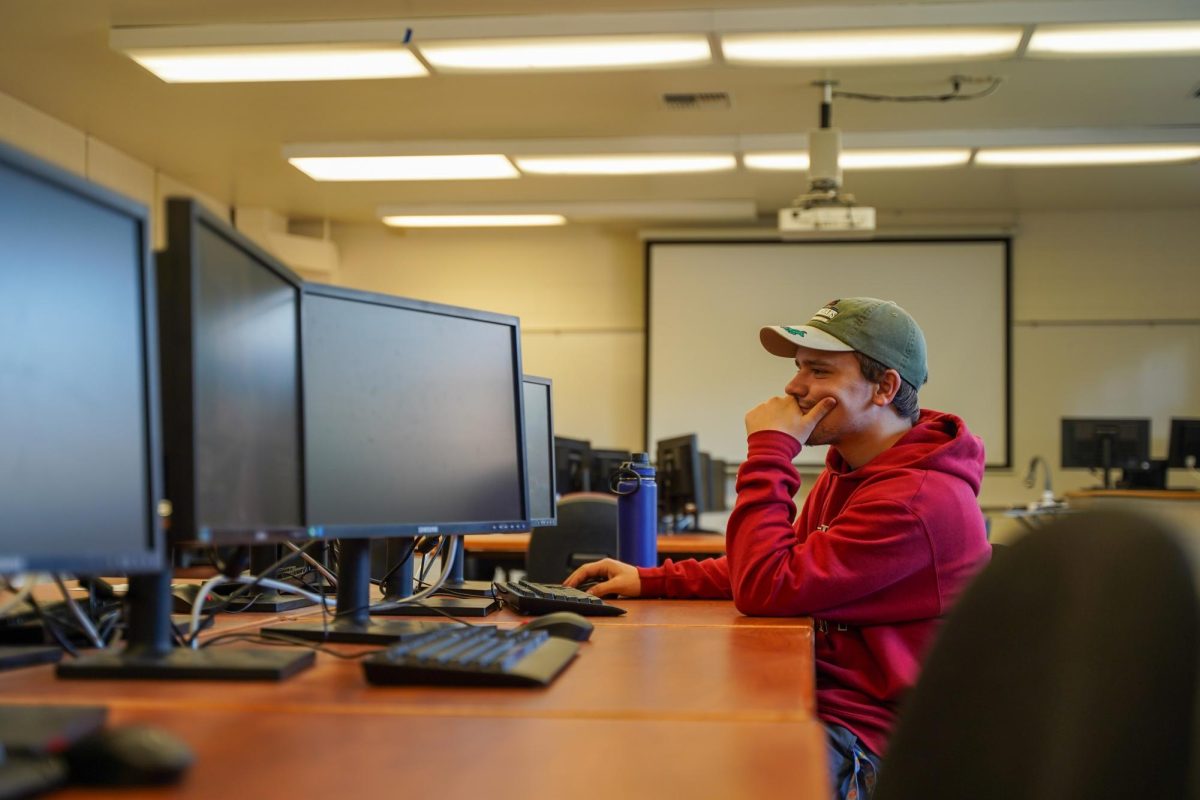On February 25, Seattle University Professor Dr. Caitlin Ring Carlson gave a lecture about hate speech in Robinson’s Teaching Theater. Her goal was to give students who attended information about hate speech, how it’s handled and how to come to their own conclusions about the matter.
“It really is about giving people the information they need to form their own opinion about these issues,” she said following the end of the lecture.
In her presentation, Dr. Carlson defined hate speech as the “expression that seeks to malign people for their immutable characteristics, such as race [and] gender.” According to Carlson, hate speech isn’t offensive language, but rather language that explicitly expresses hate towards someone due to something they cannot control.
According to Carlson, hate speech is also structural. She said that people of power use verbal assaults and offensive imagery to maintain their preferred social position, as well as to “distance” and “dehumanize” others. Carlson also talked about how the media is a means for hate speech to spread and is the place where normal people can begin to radicalize and accept more discriminatory and violent perspectives.
Why do people take part in hate speech? In her presentation, Dr. Carlson mentioned Social Identity Theory, which suggests that the categorization of people motivates individuals to seek “positive social identity” through comparisons with other groups. In other words, someone might feel better about themselves by grouping and placing themselves and like-minded people higher than others.
Unless it falls into an unprotected category like fighting words, incitement or threats, hate speech is protected in the United States by the First Amendment. Not all countries protect hate speech. In Germany, both individuals and social media companies are held legally liable for any discriminatory or hateful language.
This begs another question that students may have: why protect hate speech in the first place? Dr. Carlson presented a variety of possible reasons and theories as to why. First, she said that some believe it allows for a “marketplace of ideas” where information can enter public discourse, with the truth ultimately emerging from the discourse. Next, she brought up the idea of democratic self-governance, which claims that there is a need for both the good and the bad for people to make good decisions.
Personal liberty and distrust in the government are some of the more common arguments, as people will reject the idea that the government should tell someone what to say and think and distrust the government to define for itself what people should think and speak. Some also argue that government regulation could be used against those who are supposed to be protected. However, Carlson mentioned that people question whether or not personal liberty outweighs human dignity, particularly when they clash. In addition, she added that people also question whether a large discourse of varying ideas will bring people closer to the “truth.”
On the other hand, why would other countries prohibit and punish hate speech? Dr. Carlson said that these countries do so in order to protect human dignity, prevent psychological and emotional harm, and reduce the chances of creating a climate for discrimination. However, Carlson said that this can also create a “silencing effect” where, although hate speech is not directly present, it isn’t necessarily gone.
Being a private college and being able to create its own guidelines, Whitworth is committed to free expression. However, Carlson encouraged engagement in discussion and counter speech to use past incidents as learning opportunities. She also wanted there to be spaces where students can feel empowered to speak up and hold others accountable.
Dr. Carlson said that the problem of hate speech is not going to be “regulated” out of existence. She suggested that the solution should be a cultural shift, not a regulatory shift. But, education, intervention and speaking out, according to Carlson, is where such a shift starts.
Some student participants appreciated the lecture and believe it will help them be more empathetic towards others. Yasmin Barron-Zavala, a freshman, said she wanted to be more “open” and “respectful” towards other people. “Just because it’s not your norm doesn’t mean it’s not some[one] else’s,” she added. “I thought it was very informative, and she did a good job,” said Connor Hylton, another freshman.
Luke Cox, a senior, suggested that he wants to be more critical of what he sees on social media and question content that may lead to hateful or discriminatory thinking. “We need to pay attention to what we look [at],” he said.
These sentiments echoed Dr. Carlson’s belief that Gen Z is “more accepting” and “more empathetic to diversity,” adding that she is optimistic that there could be a cultural shift that will diminish hate speech in the years to come. “Attitudes about whether it’s hate speech [or] the way we treat people from historically marginalized groups are shifting,” she said.











